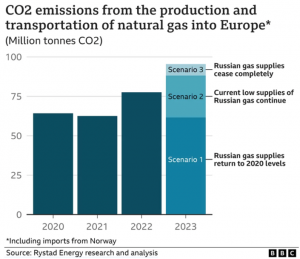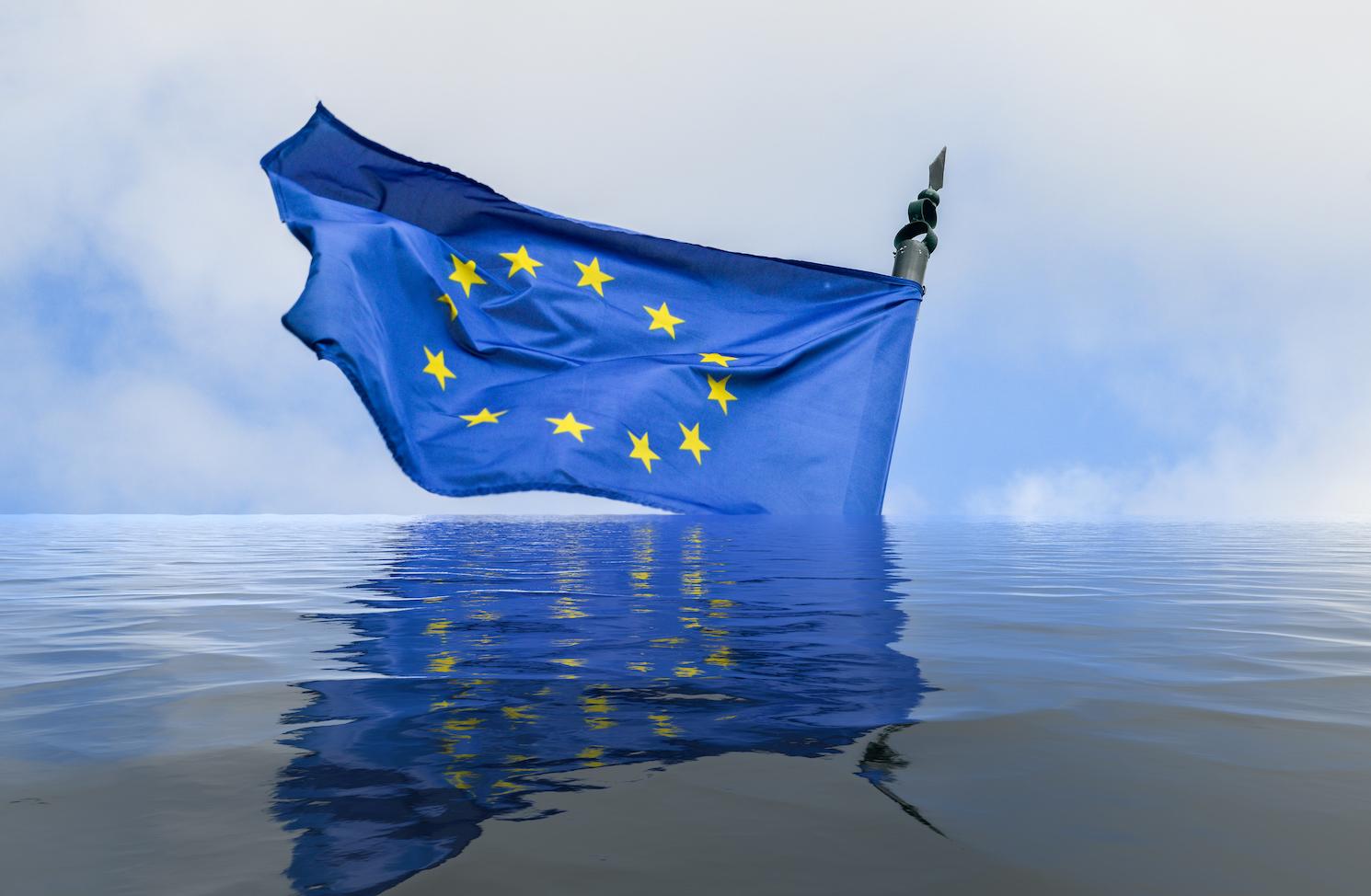Energy security is based on the securitization and differentiation of energy sources as part of the industrialization of society. It is also one of the European Union’s chief policies and one that has become increasingly prominent in recent years. The universal energy crisis created by the Russian-Ukrainian war has pressured the EU to expedite the transition to clean energy and secure its independence and growth in an unstable global market. While gas and oil reserves are thinning – and exponentially expensive, both financially and environmentally – it has become imperative for energy security to find new and renewable sources of power to support Europe ’s energy needs while staying true to the Union’s environmental responsibilities. This leads to the search for relatively unexplored energy sources that could provide reliable and substantial results, without grave consequences to our planet.
Previous attempts to combat the energy crises have caused the EU to be highly dependent on liquefied natural gas (LNG) which, as research suggests, poses a great threat to our planet due to high CO2 emissions during its production and transport. As mentioned above, the heavy reliance on gas and oil reserves has become problematic for Europe because of the Russian-Ukrainian crisis. In recent years, the EU has turned its attention to more sustainable and diverse alternatives as part of the Energy Union policy, which aims to revolutionize member collaboration, energy regulation, and strategy. This initiative outlines the need for future policies that will ensure the energy transition to an affordable, secure, and safe system for all member states. This reformed policy aims to bring the EU closer to fulfilling its obligations under the Paris Agreement. With changes to the EU’s electricity market, its gas directive, and the adoption of three new clean energy files, Europe is well on its way to formulating new energy security policies and diversifying the current energy market.

Following this path, the EU has also formulated a new strategy to achieve carbon neutrality by 2050, known as the European Green Deal. The proposal covers every area that is affected by climate change, including energy. Such an incentive binds energy security and environmental policies, making their goals reliant and derivative from each other. Environmentally conscious energy sources seem to be the answer to both the need for diversification from imported energy as well as achieving the goals set by the European Green Deal and other climate-focused incentives. In 2022 the European Commission also introduced the “Repower EU” program to further combat the instability created on the global energy market. This program is also heavily focused on the transition to clean energy as the primary way for Europe to gain independence from unreliable energy suppliers and volatile fossil fuels and remain competitive in the ever-changing geopolitical and energy market realities.
The current energy needs and the dilemmas set by the instability of the energy market call for radical action and new – unexplored – solutions, able to give sustainable results. In this unstable environment, using a new energy source could provide the much-needed respite from the current energy dilemma. Ocean energy is a relatively new and unexplored energy source that exists in vast amounts globally, thus making it an essential enhancement to the EU renewable energy directive. Οcean energy is an abundant, natural source of power derived from the largest source of energy on our planet, the ocean. Ocean energy systems make use of the sea’s salt, changes in pressure, tides, and waves to generate various forms of electricity. It also has minimal ecological impact and serves as a dependable balancing partner for solar and wind energy, as it is regulated by the moon and, thus, fully predictable.
Many European countries are in proximity or lay directly on coastal regions, such as Spain, France, Denmark, Greece, and many others. This provides a huge advantage for the EU, as it can guarantee in-house energy production by its member states. Such an incentive would significantly reduce transportation costs and would enhance the diversity of the EU’s energy suppliers, a much–needed achievement in accomplishing energy security. Apart from the obvious advantage of ocean energy being a renewable and clean energy source, measures to track potential effects on the environment demonstrate that ocean energy has no detrimental effects on marine ecosystems so far, and no ecological impact. It also supports the goal of reducing carbon production through environmentally friendly methods of energy production, which places ocean energy at the center of the European Green Deal.
While the EU has taken decisive steps to utilize ocean energy, it hasn’t yet been sufficiently integrated into the energy and environmental policies. Over the past ten years, various tidal streams and wave devices have been tested in European waters. However, there are currently very few operational examples of energy systems. To maximize this sector’s possible role in energy production, industrial competitiveness, economic expansion, and reducing carbon emissions, substantial progress is needed in the technology’s research, development, demonstration, and testing. For Europe to fully benefit from this new energy source, it is imperative to make improvements in the design and testing of ocean energy devices, and maritime operations, and to fully incorporate it into the energy system.
In summary, the use of ocean energy as a reliable alternative to other renewables seems very viable for Europe. The vastness of the ocean and the proximity of many EU member states to the sea make it an ideal breeding ground for this new achievement. Not only will it improve energy security by diversifying energy sources, but it also stands to further the EU’s relations with other partners on a global level, since cooperation and promotion of the project are imperative to its success. The research on ocean energy remains pretty contained and its use is limited. With the use of ocean energy in accordance with programs such as “the European Green Deal” and “Repower EU” the European Union stands to gain a powerful tool in achieving its environmental and energy-related goals within the 2050 timeframe. The only thing that remains to be seen is whether cooperation and coordination can be achieved within and outside of the Union’s reach for the resources to be used efficiently and for the new industry to have long-term and sustainable growth.
Author: Έλλη Ματθαιάδη
Πηγές:
-
Ocean Energy Europe. EU energy & climate policy. (2023, January 19). https://www.oceanenergy-europe.eu/policy-topics/climate-energy/
-
European Commission REPowerEU: affordable, secure and sustainable energy for Europe. (2022, May 18). https://commission.europa.eu/strategy-and-policy/priorities-2019-2024/european-green-deal/repowereu-affordable-secure-and-sustainable-energy-europe_en
-
Rystad Energy Week 2022 | APAC Annual Summit. (2022, September 14). Rystad Energy. https://www.rystadenergy.com/rystad-energy-week-2022-apac-annual-summit
-
Copping, A., & Hemery, L. (Eds.). (2020). ‘OES-Environmental 2020 State of the Science Report: Environmental Effects of Marine Renewable Energy Development Around the World. Report for Ocean Energy Systems (OES). https://doi.org/10.2172/1632878
-
Cooban, A. (2022, May 18). Europe plans to spend $221 billion to ditch Russia’s energy. CNN. https://edition.cnn.com/2022/05/18/energy/europe-repower-plan-russian-energy/index.html


